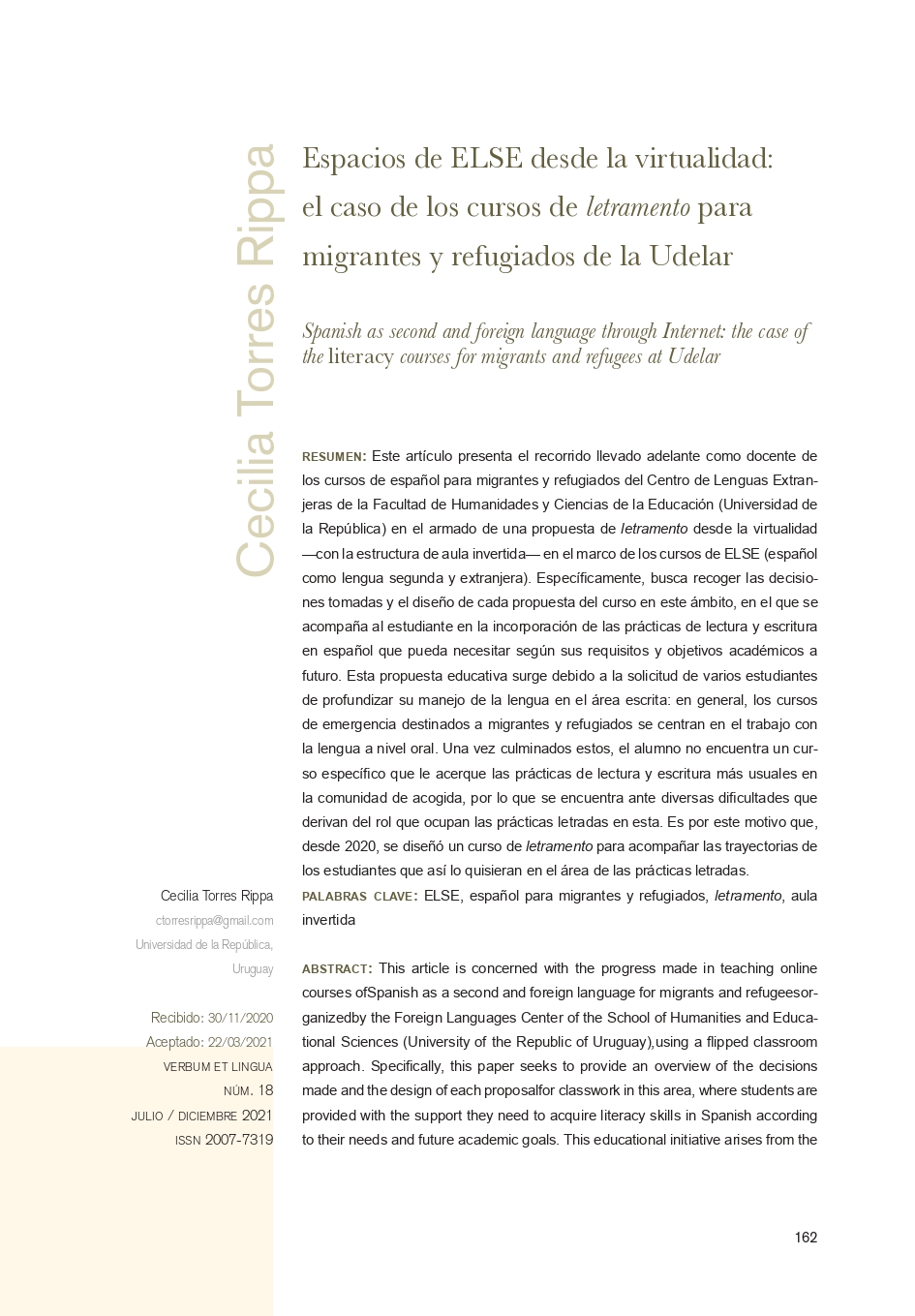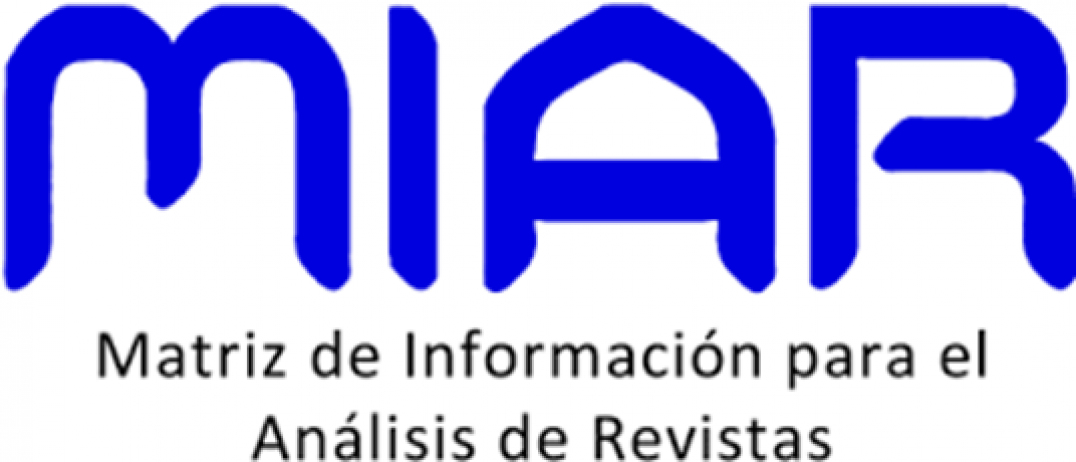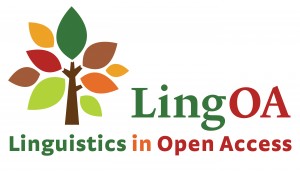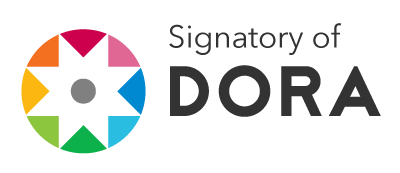Espacios de ELSE desde la virtualidad: el caso de los cursos de letramento para migrantes y refugiados de la Udelar
DOI:
https://doi.org/10.32870/vel.vi18.167Palabras clave:
ELSE, Español para migrantes y refugiados, Letramento, Aula invertidaResumen
Este artículo presenta el recorrido llevado adelante como docente de los cursos de español para migrantes y refugiados del Centro de Lenguas Extranjeras de la Facultad de Humanidades y Ciencias de la Educación (Universidad de la República) en el armado de una propuesta de letramento desde la virtualidad —con la estructura de aula invertida— en el marco de los cursos de ELSE (español como lengua segunda y extranjera). Específicamente, busca recoger las decisiones tomadas y el diseño de cada propuesta del curso en este ámbito, en el que se acompaña al estudiante en la incorporación de las prácticas de lectura y escritura en español que pueda necesitar según sus requisitos y objetivos académicos a futuro. Esta propuesta educativa surge debido a la solicitud de varios estudiantes de profundizar su manejo de la lengua en el área escrita: en general, los cursos de emergencia destinados a migrantes y refugiados se centran en el trabajo con la lengua a nivel oral. Una vez culminados estos, el alumno no encuentra un curso específico que le acerque las prácticas de lectura y escritura más usuales en la comunidad de acogida, por lo que se encuentra ante diversas dificultades que derivan del rol que ocupan las prácticas letradas en esta. Es por este motivo que, desde 2020, se diseñó un curso de letramento para acompañar las trayectorias de los estudiantes que así lo quisieran en el área de las prácticas letradas.
Descargas
Citas
Adami, H. (2009). La formation linguistique des migrants. París: CLE International.
Bajtín, M. (2002). Estética de la creación verbal. Buenos Aires: Siglo XXI. Traducción de Tatiana Bubnova.
Bates, A. (2018). Teaching in a digital age: Guidelines for designing teaching and learning. Vancouver: Universidad de British Columbia.
Bertolotti, V. y M. Coll (2014). Retrato lingüístico del Uruguay. Un enfoque histórico sobre las lenguas en la región. Montevideo: Universidad de la República.
Craats, I. V. D.; J. Kurvers, y M. Young-Scholten (2006). Research on low-educated second language and literacy acquisition. LOT Occasional Series, 6: pp. 7-23.
De Vasconcellos, M.; V. Gründler, L. Piña y C. Torres (2020). Intercambiando experiencias: cursos de ELE para migrantes y refugiados. En Masello, L. (comp.), Español, lengua de integración en Uruguay. Vol. 3 de la serie Estudios de lenguas (pp. 55-70). Montevideo: FHCE.
Di Tullio, A. y R. Kailuweit (eds.) (2011). El español rioplatense: lengua, literatura, expresiones culturales. Madrid: Iberoamericana/Vervuert.
Dryer, Matthew S. y M. Haspelmath (eds.) (2013). The World Atlas of Language Structures Online. Leipzig: Max Planck Institute for Evolutionary Anthropology. [http://wals.info]. Consultado el 15/11/2020.
Faux, N. y S. Watson (2020). Teaching and tutoring Adult Learners with Limited Education and Literacy. En Young-Scholten, M. y J. Kreeft Peyton (eds.) Teaching adult immigrants with limited formal education. Theory research and practice (pp. 124-144). Bristol: Multilingual Matters.
Fossatti, L. y P. Uriarte (2018). Viviendo sin derecho. Migraciones latinoamericanas y acceso a la vivienda en Montevideo. La Rivada. Revista electrónica de la Secretaría de Investigación y Postgrado (FHyCs-UNaM), 11: pp. 42-60.
Freire, P. y D. Macedo (1989). Alfabetización. Lectura de la palabra y lectura de la realidad. Barcelona: Paidós. Traducción de Silvia Horvath.
Froster, M.; M. Wilkinson y M. Young-Scholten (2012). Cracking good writers. Simply cracking good stories for low-literate adult immigrants. [Publicado en http://simplystories.org/], pp. 1-23. Consultado el 21/10/2020.
Gallardo, A. (1978). Hacia una teoría del idioma estándar. Revista de Lingüística Teórica y Aplicada, 16: pp. 85-119.
Kleiman, A. (2016). Significados e ressignificações do letramento. Desdobramentos de uma perspectiva sociocultural sobre a escrita. Campinas: Mercado de letras.
— (2005). ¿Preciso «ensinar» o letramento? Não basta ensinar a ler e a escrever? Campinas: Unicamp.
— (2002). Oficina de leitura. Teoria & pratica. Campinas: Pontes editores.
— (1998). A construção de identidades em sala de aula: um enfoque interacional. En I. Signorini, (org.), Linguagem e identidade (pp. 267-302). Campinas: Mercado de Letras.
LESLLA. [https://www.leslla.org/]. Consultado el 15/09/2020.
Llorente, M. J. (2018). 25 años del español (L2) para inmigrantes. Boletín de la Asociación para la Enseñanza del Español como Lengua Extranjera, 58: pp. 43-64.
Madrigal Abarca, M. (2008). La escritura como proceso: metodología para la enseñanza de la expresión escrita en español como segunda lengua. Filología y lingüística, XXXIV (1), pp. 127-141.
Masello, L. (2020). El español, lengua de acogida en la universidad para la integración de migrantes y refugiados. En Masello, L. (comp.), Español, lengua de integración en Uruguay. Vol. 3 de la serie Estudios de lenguas (pp. 11-36). Montevideo: FHCE.
Ministerio de Desarrollo Social (2017). Caracterización de las nuevas corrientes migratorias en Uruguay. Nuevos orígenes latinoamericanos: estudio de caso de las personas peruanas y dominicanas. Informe final. Montevideo: MIDES.
Ministerio de Educación, Cultura y Deporte (2002). Marco común europeo de referencia para las lenguas: aprendizaje, enseñanza, evaluación. Madrid: Anaya.
Miquel López, L. (1995). Reflexiones previas sobre la enseñanza de ELE a inmigrantes y refugiados. Didáctica, 7: pp. 241-270.
OIM (2006). Glosario sobre migración. Ginebra: OIM.
Oroño, M. (2016). El lenguaje en la construcción de la identidad nacional: los libros escolares de lectura de Vásquez Acevedo, Figueira y Abadie-Zarrilli. Montevideo: Ministerio de Educación y Cultura.
Piña, L. y C. Torres (2018). Experiencia de alfabetización/letramento en ELE para inmigrantes en Uruguay. En Actas de las IV Jornadas Internacionales sobre Formación e Investigación en Lenguas y Traducción (pp. 62-67). Buenos Aires: IES Lenguas Vivas.
ProLEE (2015). Pautas de referencia sobre tipos lectores y escritores en español como primera lengua. Montevideo: ANEP.
Quitián Bernal, S. y J. González Martínez (2020). Aspectos pedagógicos para ambientes Blended-Learning. HAMUT'ay, 7(1), 60. [https://doi.org/10.21503/hamu.v7i1.1910]. Consultado el 21/10/2020.
Rojo, R. (1998). O letramento na ontogênese: uma perspectiva socioconstrutivista. En Rojo, R. (org.) Alfabetização e º: perspectivas lingüísticas (pp. 71-98). Campinas: Mercado de Letras.
Soares, M. (2011). Alfabetização e letramento. San Pablo: Contexto.
Sosinski, M.; A. Manjón Cabeza Cruz y L. Picornell González (eds.) (2018). EU-Speak-3. Hablantes de otras lenguas en Europa: enseñar a inmigrantes adultos y formar a sus profesores. Compendio del contenido de los módulos de formación. Newcastle upon Tyne: Newcastle University.
Suni, M. y T. Tammelin-Laine (2020). Language and literacy in social context. En Young-Scholten, M. y J. Kreeft Peyton (eds.) Teaching adult immigrants with limited formal education. Theory research and practice (pp. 11-29). Bristol: Multilingual Matters.
Street, B. y M. Bagno (2006). Perspectivas interculturais sobre o letramento. Filologia e linguística portuguesa, 8: pp. 465-488.
Taguchi, E.; G. Gorsuch, K. Lems y R. Rosszell (2016). Scaffolding in L2 reading: How repetition and an auditory model help readers. Reading in a Foreign Language, 28 (1): pp. 101-117.
Wilkinson, M. y M. Young-Scholten (2013). Simply cracking good stories. Language Issues: The ESOL Journal, 24(1): pp. 15-18.
Young-Scholten, M.; M. Sosinski y A. M. Rubio (2015). Undergraduates' involvement in producing short fiction books for immigrant adult beginners in England and Spain. Language Issues: The ESOL Journal, 26(1): pp. 55-60.
Young-Scholten, M. y J. Kreeft Peyton (2020). Introduction: Understanding Adults Learning to Read for the First Time in a New Language: Multiple Perspectives. En Young-Scholten, M. y J. Kreeft Peyton (eds.) Teaching adult immigrants with limited formal education. Theory research and practice (pp. 1-10). Bristol: Multilingual Matters.

Publicado
Versiones
- 2024-11-08 (2)
- 2022-06-21 (1)













